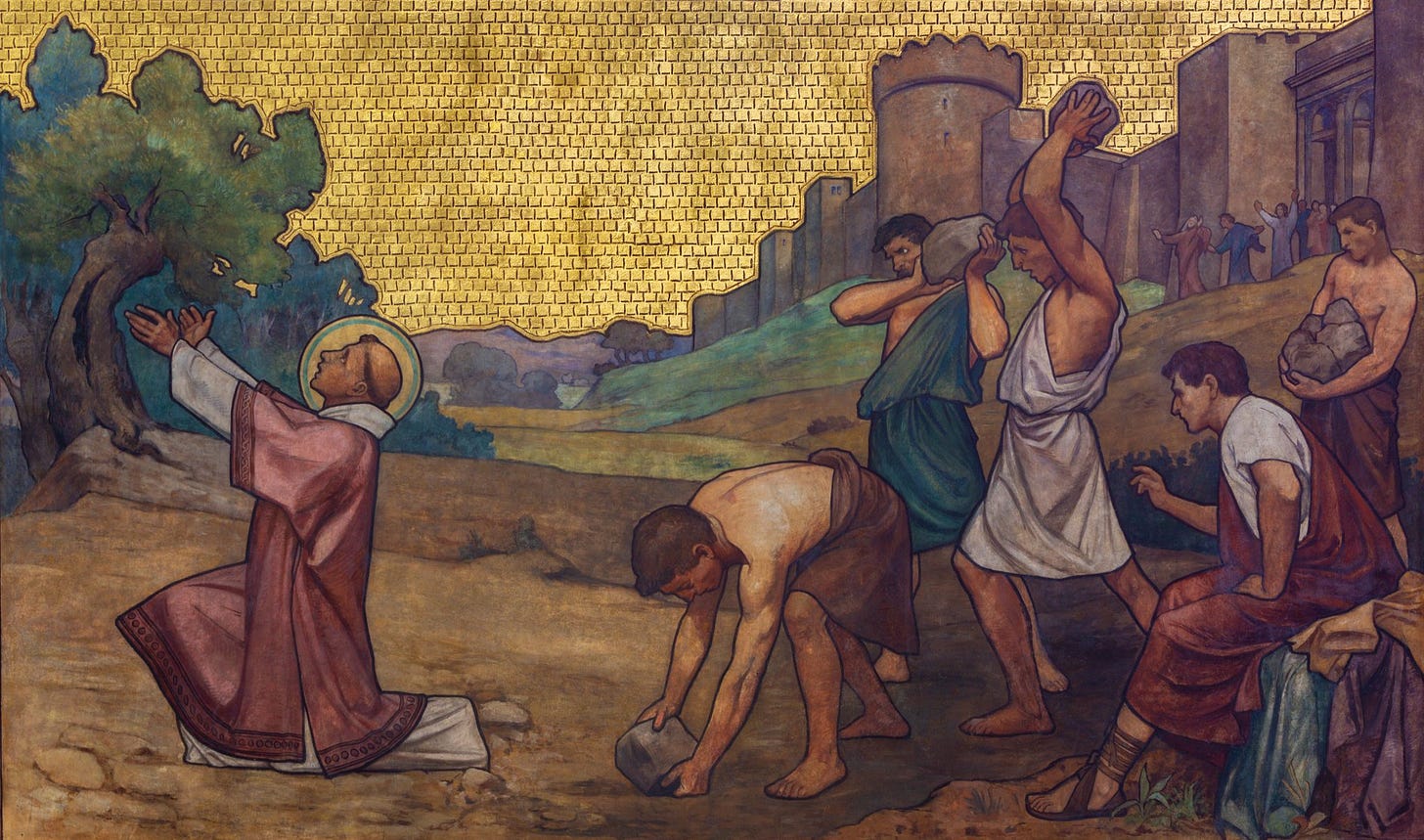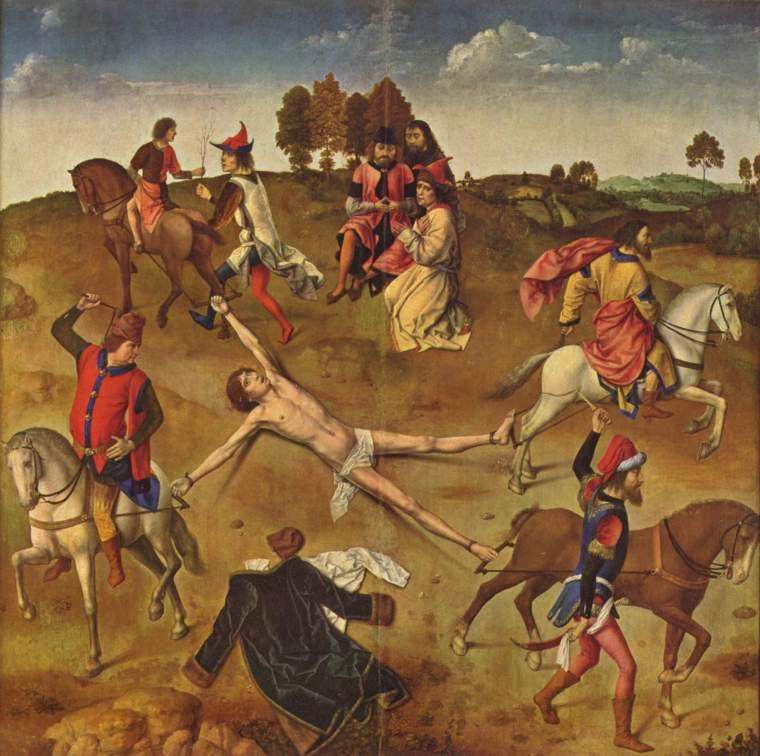Latter-day Saints, according to the latest Pew research, are about the most unloved group in America. Many Saints took that as hurtful, disappointing, or par for the course—depending on one’s degree of familiarity with history. Receiving less notice, perhaps, was another stark finding: “Mormons are the only group who express a net positive opinion toward Muslims, with 47% reporting favorable views and 11% reporting unfavorable views. In fact, Mormons do not express a net negative opinion toward any group in the survey.” Those two facts, juxtaposed, strike me as the survey’s most remarkable discovery. By its measure, one might venture that the Saints are disproportionately unloved, and disproportionately loving. All things considered, better to be unloved but loving than to be loved but unloving. Love that is not contingent on reciprocity is of the highest order (Matt. 5:46).
Survey data are notoriously dependent upon reductive questions and limited context, so results can be more concealing than revealing. In this case, far divergent conclusions are possible. Christ prophesied that his disciples would be “hated because of his name” (Matt. 24:9). I wore a name tag as a missionary, with that name emblazoned—which made it tempting to see every reproach as a literal fulfillment of prophecy. Would that every moment of dislike we elicit as individuals or as an institution were because of how purely we embody the Great Healer and his gospel. One can hope that some of our unpopularity in the world is because of our steadfast devotion to Christ and to the unchanging principles of the Sermon on the Mount.
It happens to be the case, however, that Christians in general, and some Saints in particular, have provoked justifiable dislike. More than one apostle has admitted that “mistakes have been made.” It’s unlikely any survey will provide Latter-day Saints with an accurate breakdown of genuine (not just alleged) motivations behind negative perceptions. Yet one valuable conclusion can be drawn.
Jesus said his disciples would be known for their love for one another. Saints are distinguished in this survey as the most inclined to profess charity for others. Nothing in the survey asked or registered which group is most inclined to practice charity for others. Perhaps the greatest deficit that we know can be addressed is in the chasm between how we as Saints feel toward others, and what we are perceived as actively doing on their behalf, by way of befriending, ministering, serving, and lifting. In my view, practicing charity is what it means to be, to live, to act, “because of his name.” Have we given the thousands that were surveyed sufficient evidence to know that we feel more charitably toward them than do other groups surveyed?
David Bentley Hart began his apologetic for Christian theism by writing, “Honestly, though, my chief purpose is not to advise atheists on what I think they should believe; I want merely to make sure that they have a clear concept of what it is they claim not to believe.”1 Similarly, we should aspire to ensure that when people react negatively to our name, they do so with “a clear concept” of what we actually stand for. And we need to make it harder for them to see us as anything other than disciples emulating the life of Jesus.
How is this different from the perennial plea to lead by example? In some ways, it’s not. One cannot go far wrong in remembering the words of Austen Farrer, the great Anglican theologian, who addressed a parallel deficit between the persuasive power of doctrine and of discipleship well-practiced. He wrote, “there must be much in our teaching of Christianity and our living of it which is at fault, if good [people] react in total disbelief of it. . . . The saints confute the logicians, but they do not confute them by logic, but by sanctity."2
But the kind of sanctity the present moment calls for—and that these data points highlight—is a sanctity more expansive than neighborly kindness. No political moment has required more urgently the conspicuous practice of de-polarization. Practicing and modeling moderation and charity in our private and public political conversations, we might overcome a reputation for predictable political alignment by party rather than by principle. In academic circles, I see colleagues working to repair decades of our occasional misrepresentation of other faiths, and to celebrate their contributions to lives of holiness. An LDS women’s book club in my area organized and provided enough flour to keep the largest bakery in Mariupol running and feeding hundreds of the hungry in surrounding war-torn areas, before the city fell. I know a half dozen individuals who perform work with schools and orphanages in impoverished nations.
What comes to mind when a Pew representative asks about “Mormons?” What are we doing—or not doing—to shape those immediate associations? We are not in a popularity contest. But if we are to be disliked, let it be for the right reasons.
To receive each new Terryl Givens column by email, first subscribe and then click here and select "Wrestling with Angels."
David Bentley Hart, The Experience of God (New Haven: Yale University Press, 2013).
Austin Farrer, The Truth-Seeking Heart (London: Canterbury Press, 2006).






Just when I think Brother Givens has said everything brilliant there is to be said……!